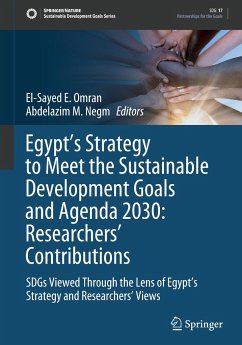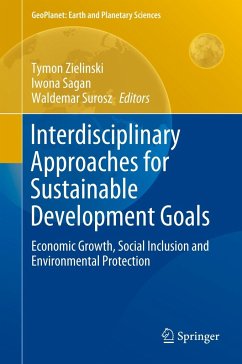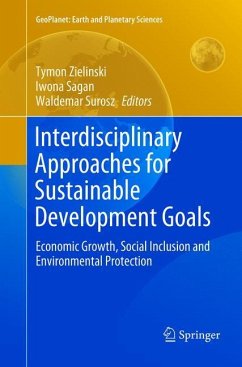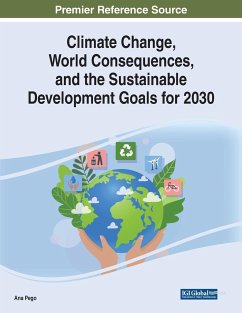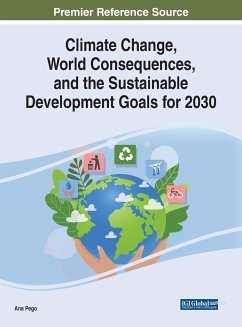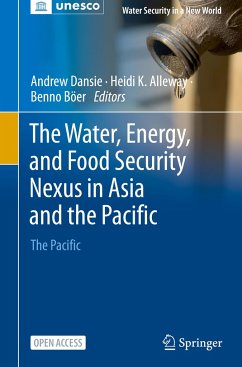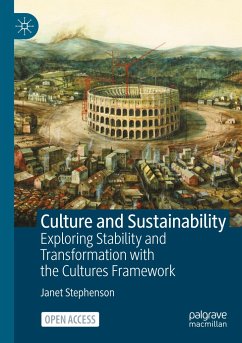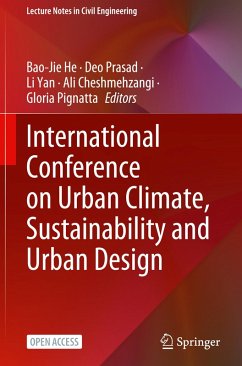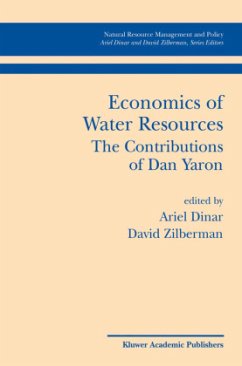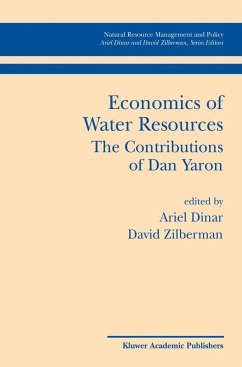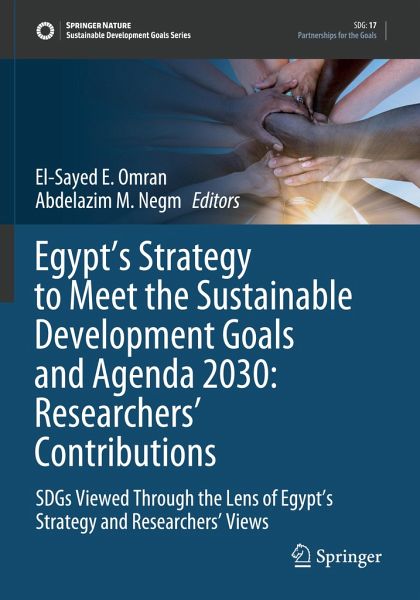
Egypt's Strategy to Meet the Sustainable Development Goals and Agenda 2030: Researchers' Contributions
SDGs Viewed Through the Lens of Egypt's Strategy and Researchers' Views
Herausgegeben: Omran, El-Sayed E.; Negm, Abdelazim M.
Versandkostenfrei!
Versandfertig in 6-10 Tagen
121,99 €
inkl. MwSt.

PAYBACK Punkte
61 °P sammeln!
This book focuses on Egypt as a representative example of emerging economies struggling to achieve their sustainable development goals (SDGs). The Egyptian government has launched Egypt's Vision 2030 in line with the 2030 Agenda, also known as the Sustainable Development Strategy (SDS), which encompasses the economic, social and environmental dimensions of development. It is under the SDS that all development plans in Egypt are incorporated while at the same time being strongly guided by the SDGs. Aware of the principle of shared but differentiated responsibility, Egypt also recognizes that fu...
This book focuses on Egypt as a representative example of emerging economies struggling to achieve their sustainable development goals (SDGs). The Egyptian government has launched Egypt's Vision 2030 in line with the 2030 Agenda, also known as the Sustainable Development Strategy (SDS), which encompasses the economic, social and environmental dimensions of development. It is under the SDS that all development plans in Egypt are incorporated while at the same time being strongly guided by the SDGs. Aware of the principle of shared but differentiated responsibility, Egypt also recognizes that fundamental challenges remain, despite a strong willingness to achieve the SDGs. High birth rates, brain drain phenomena, water scarcity, migration, discrimination against women and girls, a growing informal sector and instability in neighboring states (especially Libya and Syria) are only some of the many hindrances to sustainable development.
In order to address thesechallenges, Egypt relies heavily on the SDGs, which are aimed at transforming our world. Although there is an urgent need for a drastic change in the way we use the Earth, the question arises as to whether the SDGs are sufficient to facilitate such a transformation. This book explores the key environmentally related Sustainable Development Goals (SDGs) and offers a cutting-edge assessment of current progress with a view to reaching these objectives by 2030. The book highlights some of the key findings and ideas for how research may help achieve the 17 Sustainable Development Goals in enterprises. The book provides a useful framework that can help and aid the Egyptian government to assess the many goals and targets outlined in the 2030 Agenda. The analysis of Egypt can be used as a blueprint for other developing nations and globally in order to guide policy toward achieving the SDGs. Covering food security, water resilience, climate change, agronomics, rural life, environmental impact assessment as a tool for measuring the achievement of the goals, Egyptian education, the COVID-19 pandemic, cultural and societal dimensions, this book will be of great interest to students and scholars of sustainable development and climate change, as well as practitioners and policymakers involved in sustainable development and disaster management.
In order to address thesechallenges, Egypt relies heavily on the SDGs, which are aimed at transforming our world. Although there is an urgent need for a drastic change in the way we use the Earth, the question arises as to whether the SDGs are sufficient to facilitate such a transformation. This book explores the key environmentally related Sustainable Development Goals (SDGs) and offers a cutting-edge assessment of current progress with a view to reaching these objectives by 2030. The book highlights some of the key findings and ideas for how research may help achieve the 17 Sustainable Development Goals in enterprises. The book provides a useful framework that can help and aid the Egyptian government to assess the many goals and targets outlined in the 2030 Agenda. The analysis of Egypt can be used as a blueprint for other developing nations and globally in order to guide policy toward achieving the SDGs. Covering food security, water resilience, climate change, agronomics, rural life, environmental impact assessment as a tool for measuring the achievement of the goals, Egyptian education, the COVID-19 pandemic, cultural and societal dimensions, this book will be of great interest to students and scholars of sustainable development and climate change, as well as practitioners and policymakers involved in sustainable development and disaster management.





